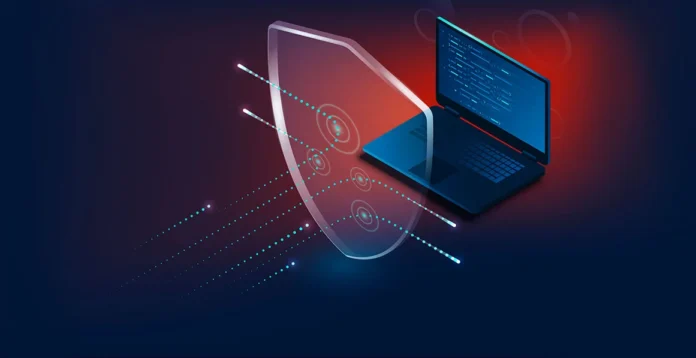Imagine trying to protect your business while your defenses are weakest—this is when hackers strike. Their relentless pursuit to exploit vulnerabilities doesn’t stop at 5 PM. They’re active around the clock, always looking for the next opportunity to breach your systems.
Consider a small to mid-sized business where employees now work remotely or in hybrid settings. This has led to a proliferation of endpoints—laptops, desktops, and tablets—that expand the attack surface for cybercriminals. These devices are prime targets, offering numerous entry points into the organization’s network.
Understanding these real-life challenges is crucial before diving into the ideal EDR solutions for SMBs. Let’s explore the difficulties posed by unmanaged EDR systems and why hackers target these businesses.
Challenges of Unmanaged EDR in a Growing Business
Managing endpoint security in a business with more than 20 employees brings a host of problems. Resource constraints are a significant issue. The harsh reality is that smaller businesses often lack the dedicated IT staff to continuously monitor and respond to endpoint threats. Therefore, this can lead to an overwhelming volume of alerts, many of which may be false positives.
Setting up and maintaining an EDR system is no simple task:
- Regular updates are required.
- Detection rules need constant fine-tuning.
- Continuous monitoring is essential to keep the system effective.
Misconfigurations can leave gaps in security, making the business vulnerable. Without a well-defined incident response plan and the necessary expertise, responding to threats promptly becomes a very daunting task.
Why Hackers Target These Businesses
Hackers frequently target small businesses because they are perceived to have weaker security defenses compared to larger corporations. Despite their size, these businesses handle very valuable data, such as financial information, personal employee data, and intellectual property, which can be jackpot for hackers.
Smaller businesses can also act as gateways to larger organizations they work with. A successful breach can provide hackers with access to more prominent partners or clients, making these businesses strategic targets for hackers looking to maximize their impact.
How a Managed EDR Can Solve These Problems
Managed EDR services provided by an MSP, for example, offers robust solutions to these challenges by providing expert management and reducing the complexity of maintaining an EDR system.
- Expert Management: Businesses gain access to cybersecurity professionals who monitor, manage, and respond to threats around the clock. This ensures potential threats are identified and mitigated quickly.
- Reduced Complexity: Managed services handle configuration, maintenance, and updates, ensuring the EDR solution is always optimized for the latest threats.
- Enhanced Incident Response: Managed EDR providers have established incident response protocols and the expertise to handle security incidents swiftly, minimizing the impact of breaches and ensuring quicker recovery.
Why Businesses Partner with a Managed IT Service Provider
Partnering with a managed IT services provider such as BCA IT offers numerous benefits for businesses looking to enhance their endpoint security.
- Proactive Security Measures: BCA IT provides proactive IT management, continuously monitoring systems to detect and prevent threats before they cause harm.
- Comprehensive Solutions: From site assessments to disaster recovery planning, BCA IT offers a wide range of services that ensure your IT infrastructure is well-protected.
- Cost Efficiency: Outsourcing IT security to an MSP can be more cost-effective than maintaining an in-house team. This allows businesses to access top-tier security expertise without the associated overhead costs.
- Focus on Core Business: With an MSP handling endpoint security, businesses can focus on their core operations without worrying about the complexities of IT security management.
By addressing these endpoint security challenges through managed EDR solutions and partnering with a trusted provider, businesses can enhance their security posture, protect valuable data, and ensure business continuity. Protecting your endpoints isn’t just a necessity; it’s a critical step towards securing your organization’s future.



































